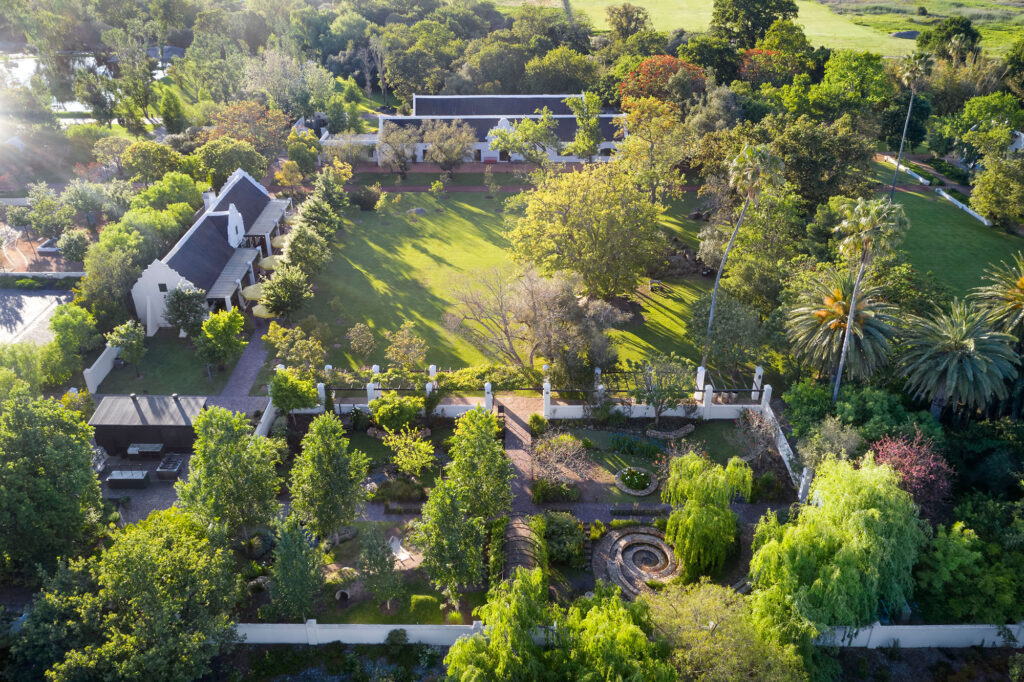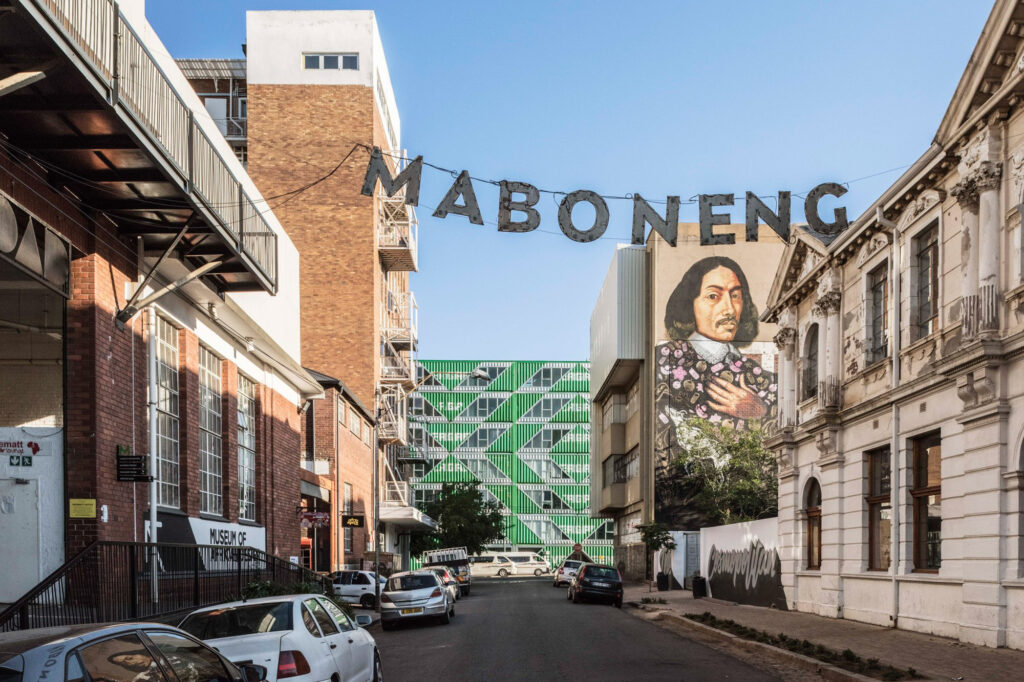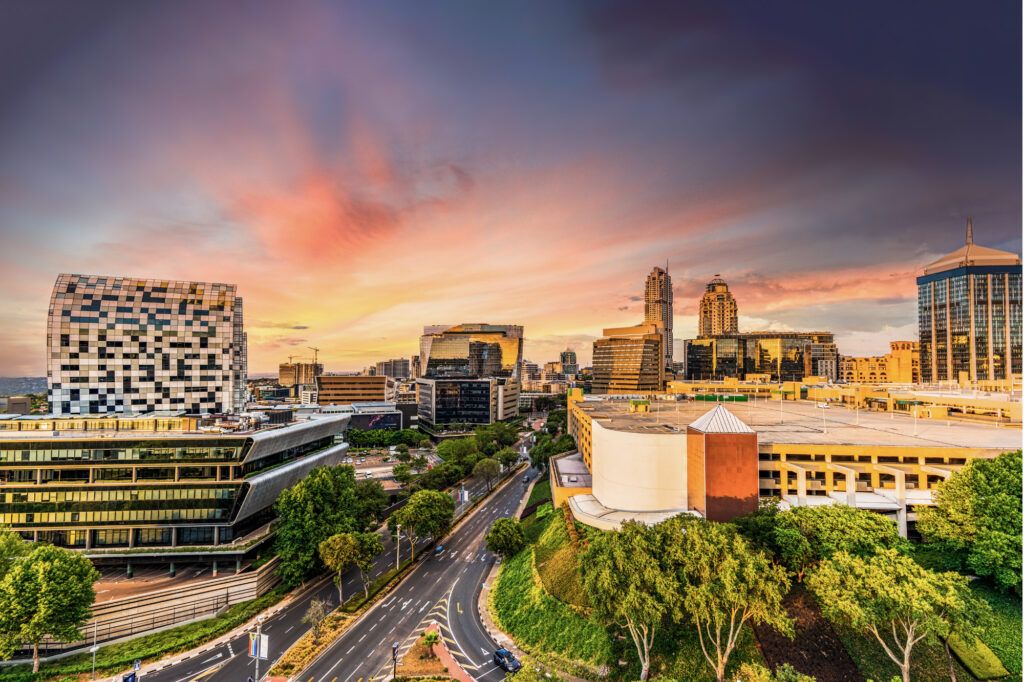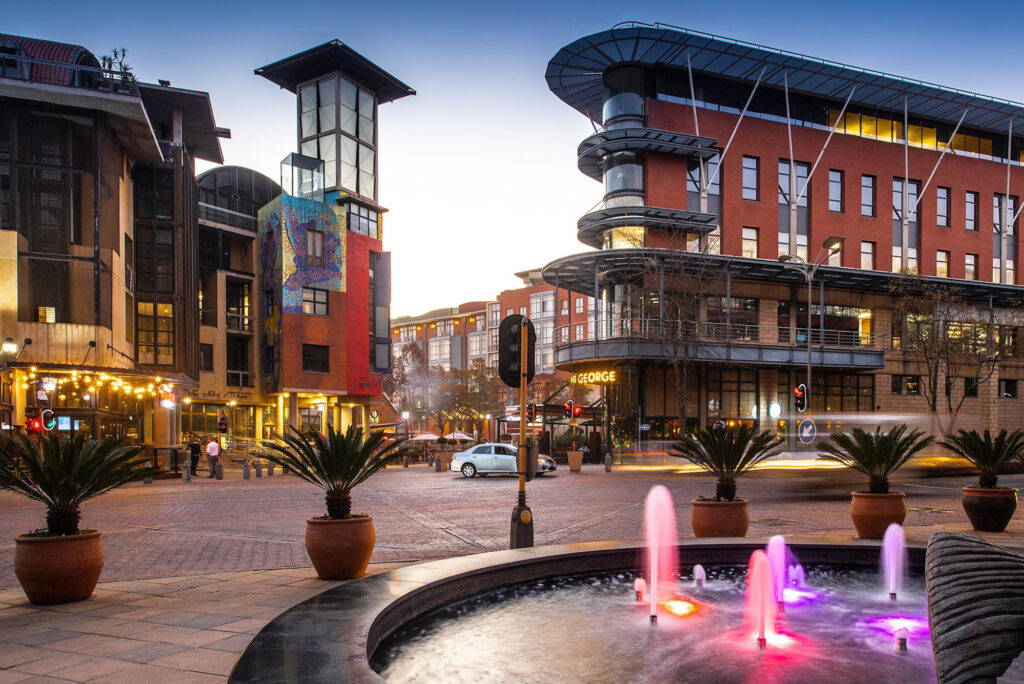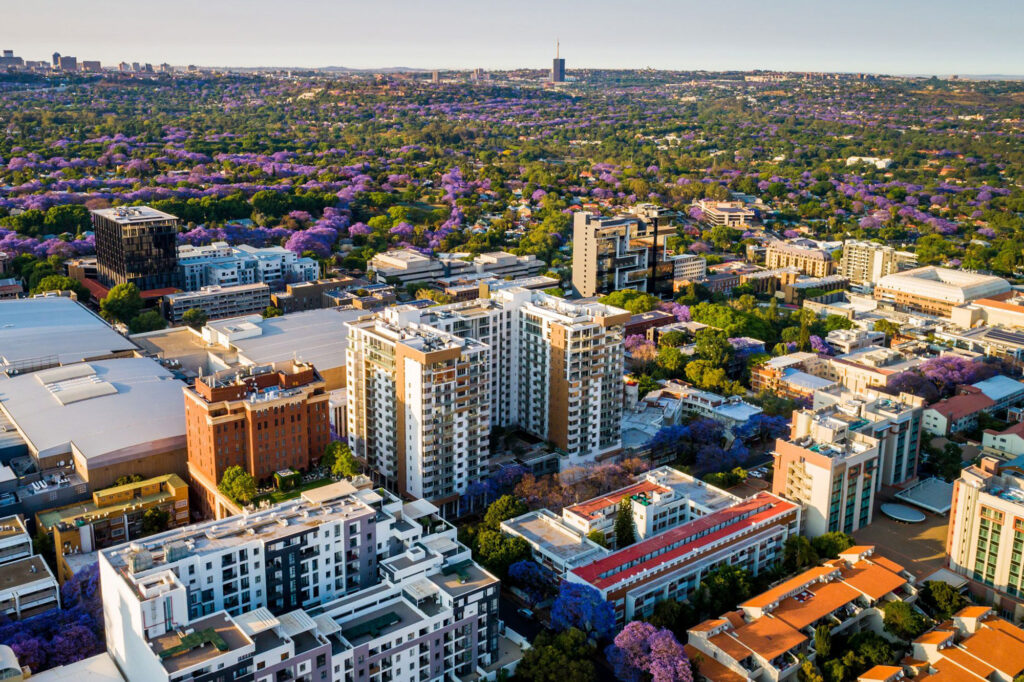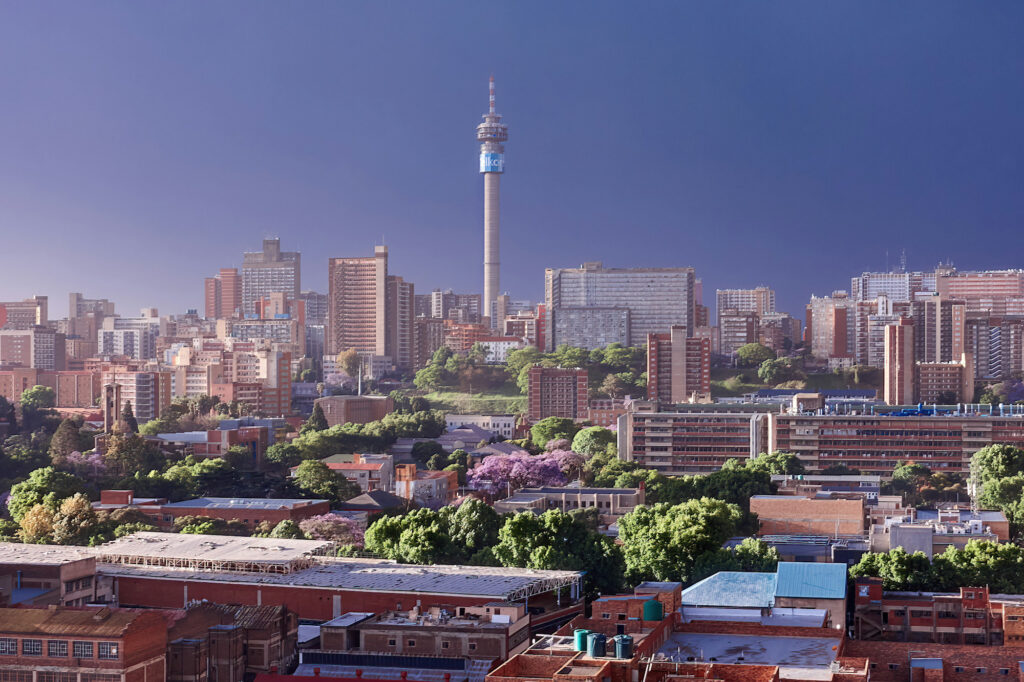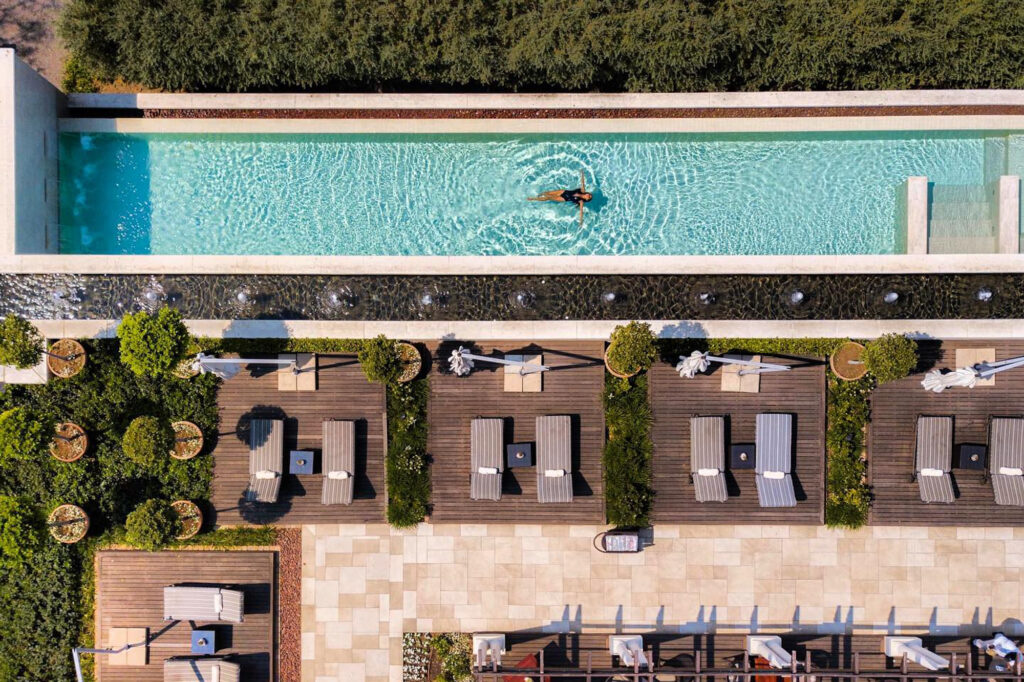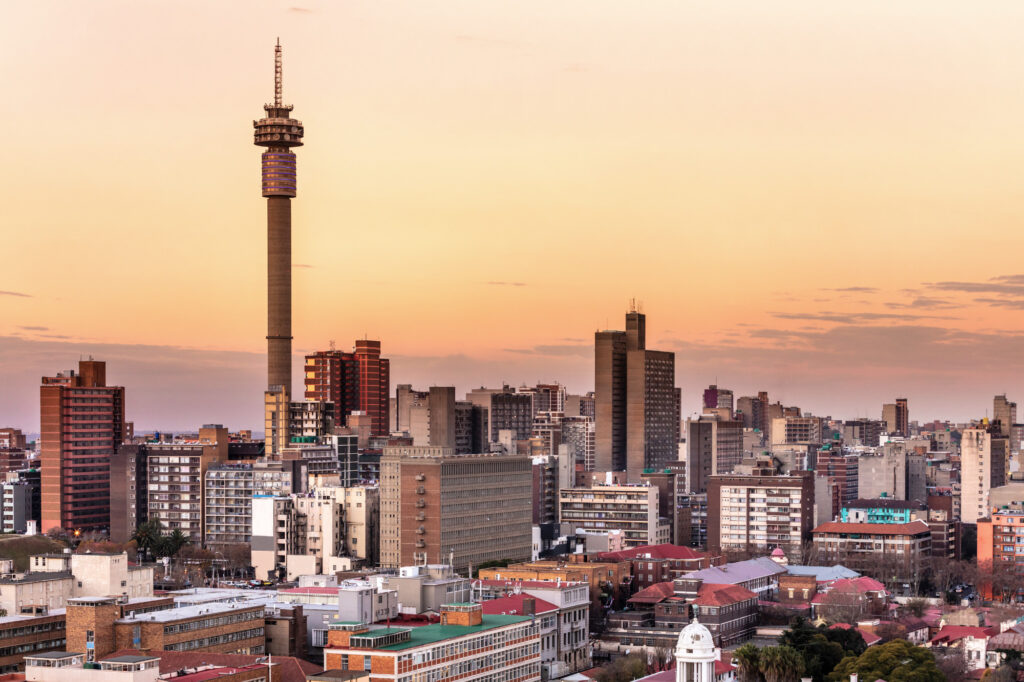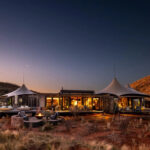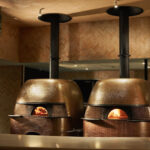
Johannesburg, South Africa
Before you travel: is Johannesburg a safe destination?
Southern Africa • Insider guides • Before you travel: is Johannesburg a safe destination?
Your ultimate guide to safely visiting Johannesburg
Planning a trip to Johannesburg, South Africa, often comes with questions about safety – and that’s perfectly natural. In our time exploring Joburg, we’ve never run into trouble, but we always stay alert and informed – and that’s made all the difference. The city offers cutting-edge museums, buzzing markets and expansive green spaces that feel a world away from the stereotypes. Yes, there are areas that call for extra caution, but navigating Johannesburg confidently is absolutely possible. This guide shares practical tips, neighbourhood insights and local travel habits that help you stay grounded and secure, so your focus stays on soaking up the culture, not second-guessing your surroundings. Let’s get you ready – and excited – to experience the city on your own terms.
Top photography courtesy of Wilde Vy Bistro
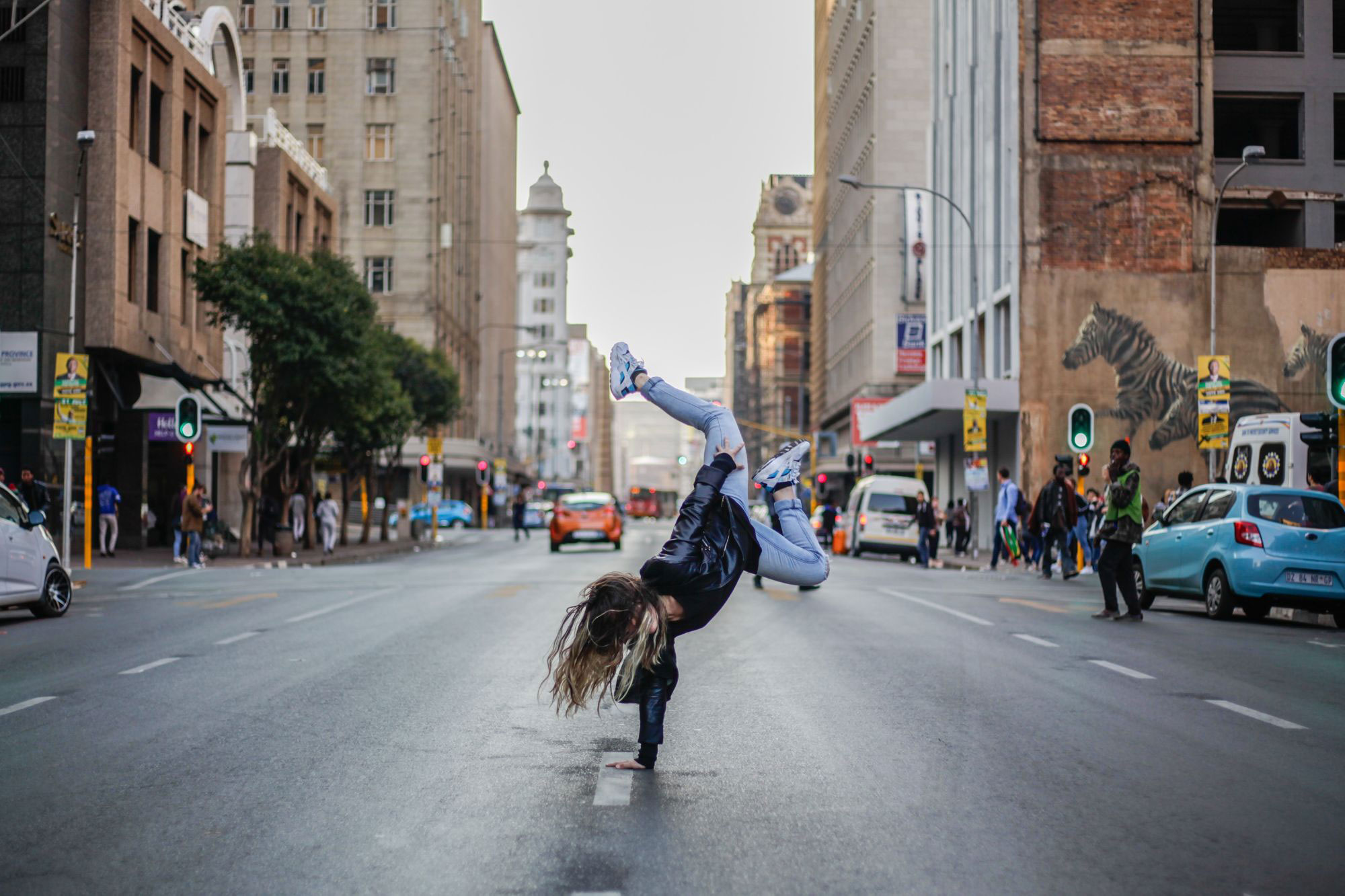
What does crime look like in Johannesburg and how common is it?
It’s impossible to ignore headline‑grabbing stats: Johannesburg’s crime index ranks high among global cities. Petty theft – pickpocketing, handbag snatching – often occurs in crowded markets or busy sidewalks. Carjackings and armed robberies tend to surface on quieter roads after dark, fuelled in part by economic disparities lining the city’s fringes.
That said, most incidents are clustered outside core tourist zones and visitors sticking to well‑patrolled areas rarely become targets. By listening to locals advice and checking recent police data for hotspots along commuter routes and township fringes, we tailor our plans – we avoid pushing into dimly lit areas alone and we choose group adventures over solitary wanderings. Knowledge turns anxiety into careful awareness.
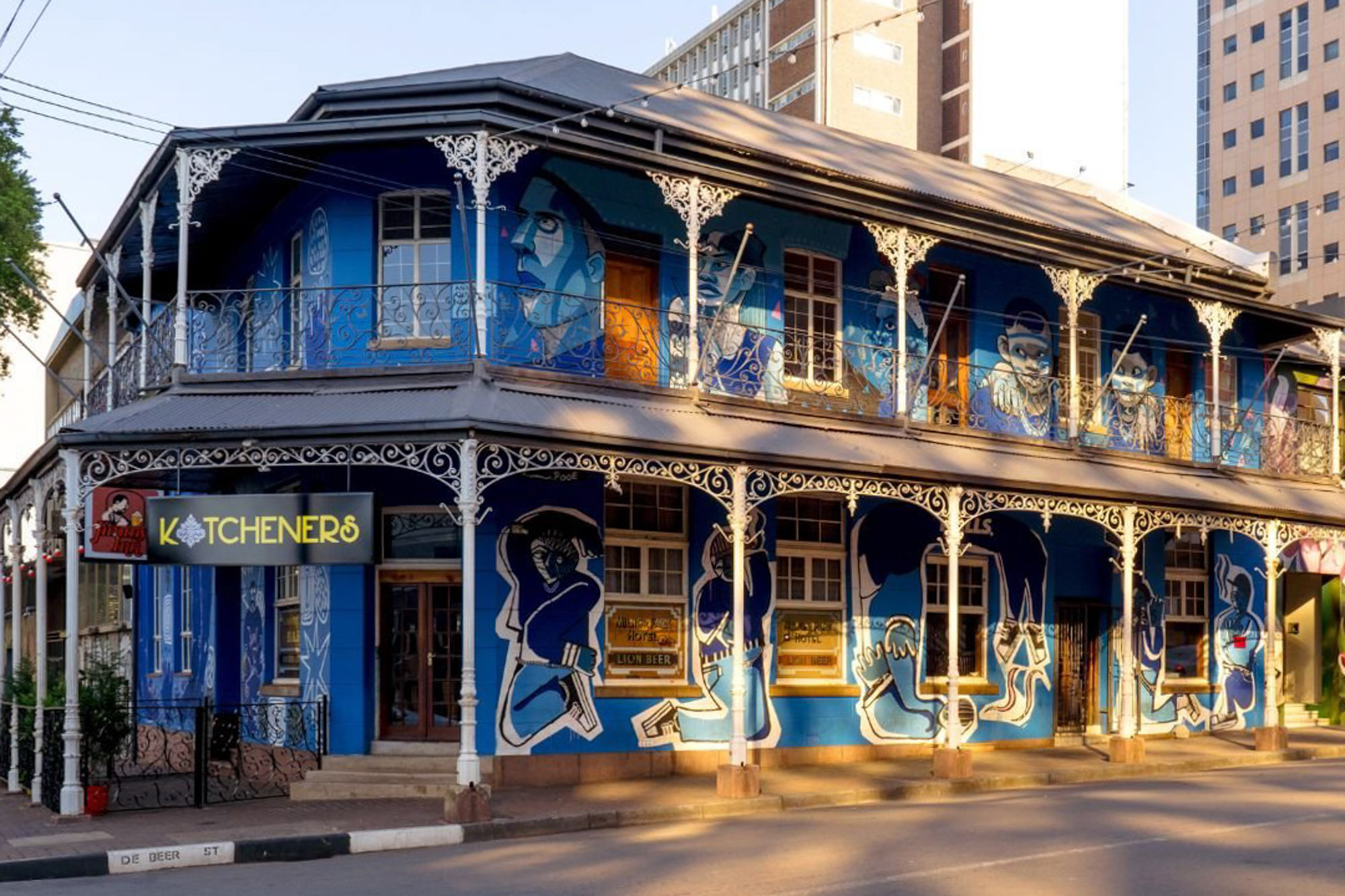
Why is security so visible in Johannesburg?
Johannesburg’s security presence is hard to miss – private patrols, electric fencing, access-controlled buildings. For many visitors, it can feel intense at first. But much like in Cape Town, this has more to do with South Africa’s history and structural inequality than any constant threat.
Security here functions as part of daily life, not as a warning sign. Locals barely notice it — it’s simply how the city works. And in many cases, it’s about maintaining peace of mind, not reacting to danger. That said, the city’s layout and wealth disparities have shaped a culture of being cautious and prepared, particularly in residential and commercial zones.
In our experience, this visible infrastructure often contributes to a stronger sense of safety. The places you’re most likely to spend time – hotels, restaurants, malls, galleries – are well-run, well-secured and used to hosting both locals and visitors. Once you understand the context, the fences and cameras fade into the background.
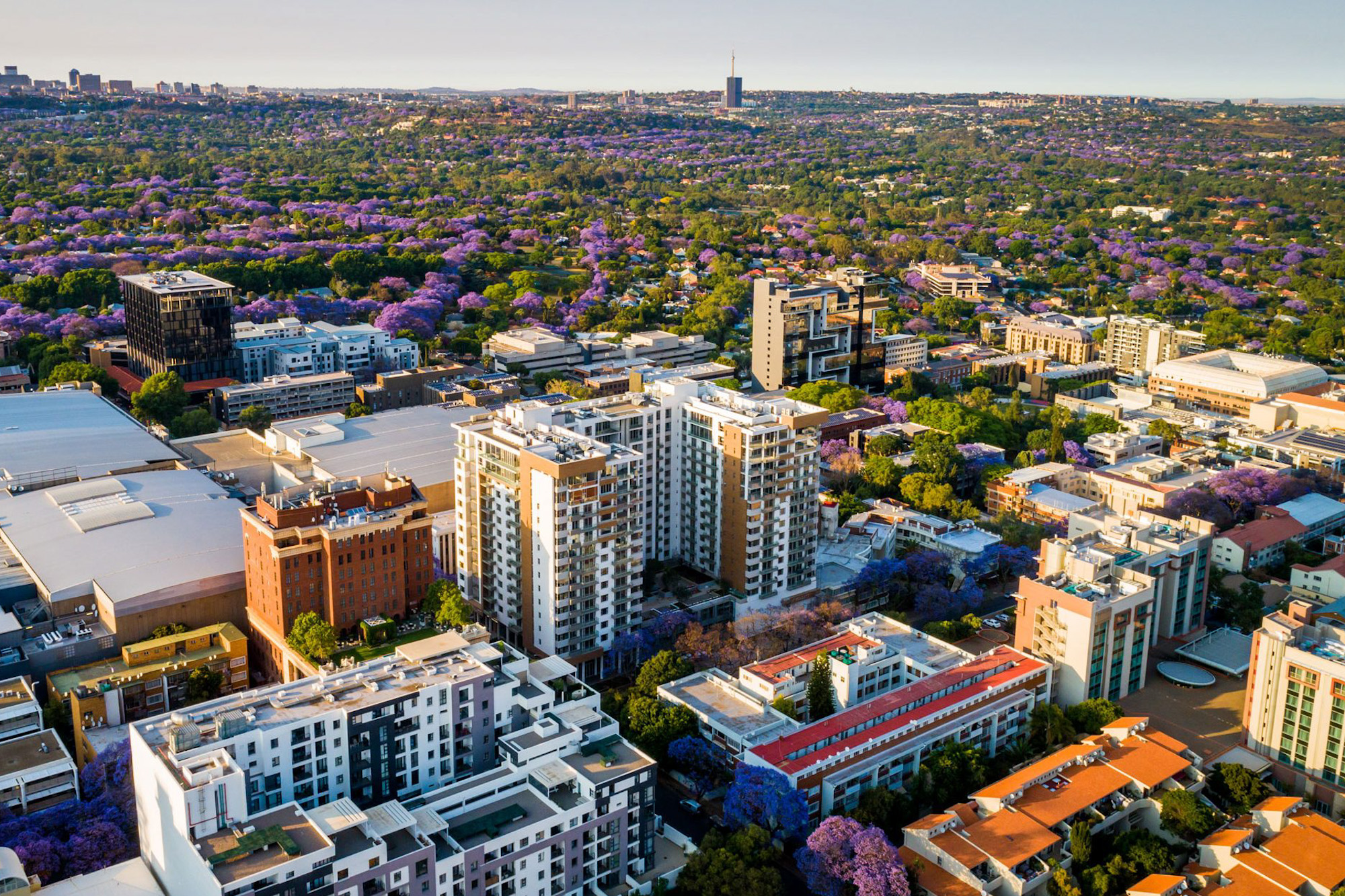
Which neighbourhoods feel safest for visitors?
Not all of Johannesburg is a risk calculus. There are areas – well-managed, well-lit and genuinely welcoming – where walking around feels intuitive, even at night. These are working neighbourhoods, not curated zones – places where daily life plays out naturally, with a mix of residents, professionals and travellers in the flow.
Sandton
Sandton is where Johannesburg puts its glossiest foot forward. Known as “Africa’s richest square mile,” it’s home to major banks, global HQs and upmarket malls like Sandton City. Security is a high priority here – not in a tense way, but simply because big business demands it. Streets around Nelson Mandela Square feel open and calm, with clear signage, round-the-clock monitoring and a steady stream of foot traffic. We’ve strolled between dinners and gallery pop-ups here without a second thought.
Rosebank & Melrose Arch
Rosebank and Melrose Arch offer a more cosmopolitan atmosphere. Think tree-shaded sidewalks, boutique hotels, rooftop sundowners and weekend art fairs. The pedestrian areas are clean and curated, often with visible patrols and excellent lighting. Locals hang out here, too – it’s not just for out-of-towners.
Maboneng Precinct
Then there’s Maboneng, the artsy enclave east of the city centre. It’s got a different tempo – grittier but deeply creative. Converted warehouses now house studios, indie cinemas and Afro-fusion cafés. Evenings here feel animated but not chaotic and there’s a strong sense of community vigilance, thanks to the presence of trained neighbourhood wardens and well-positioned lighting.
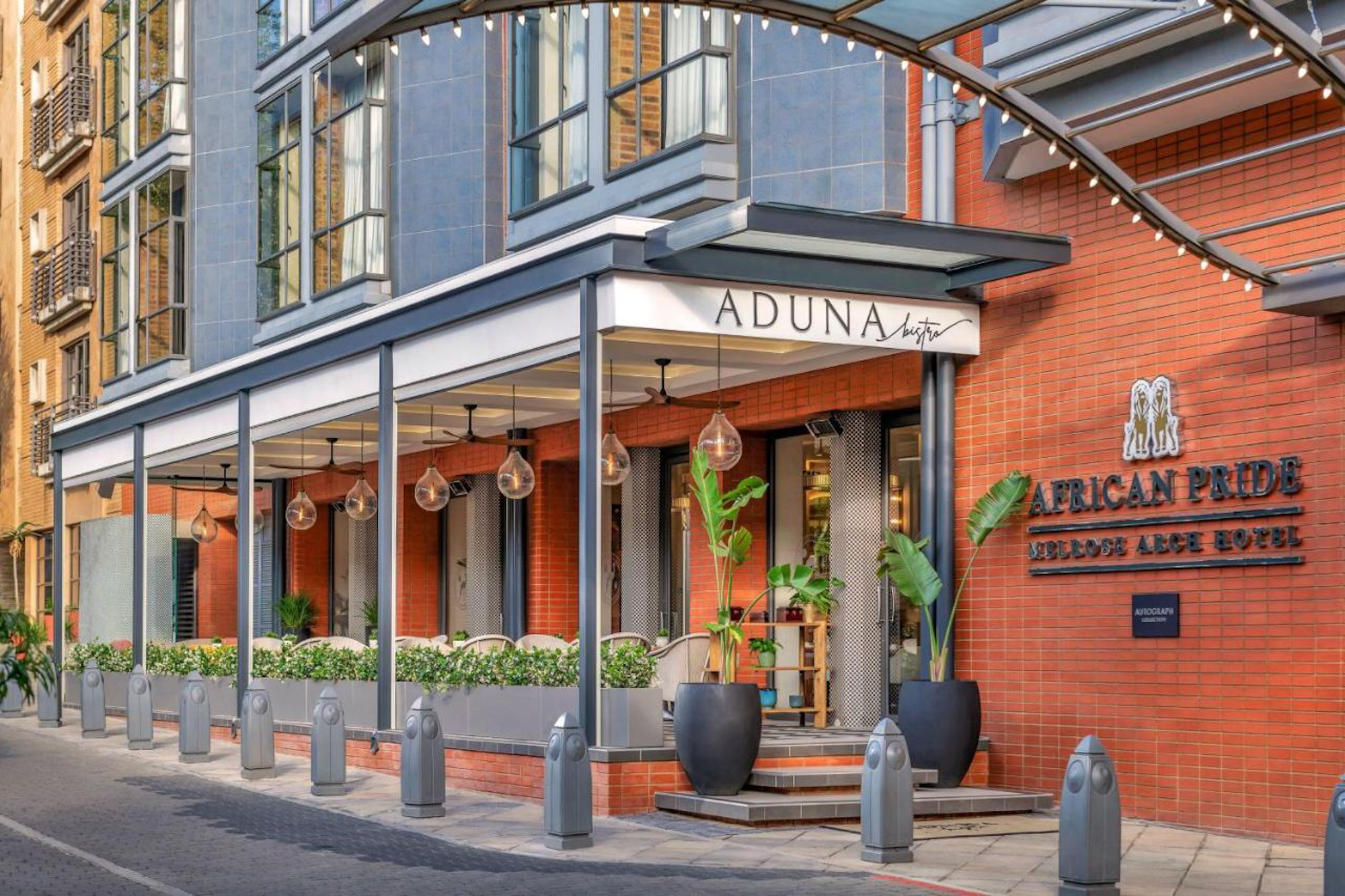
How can I choose accommodation that feels secure?
We’ve learned to trust our instincts when booking a place to stay. It’s less about ticking boxes and more about looking for signs of care and awareness. We choose hotels or guesthouses with proper access control – a gate, a doorman, or a staffed reception – and we feel more at ease when someone’s always on duty, even late at night. A well-lit entrance, secure parking and room features like a deadbolt or peephole add that extra layer of reassurance. These aren’t things we obsess over, but they do help us settle in faster. If a property takes its security seriously, it usually shows in the way the whole place is run.
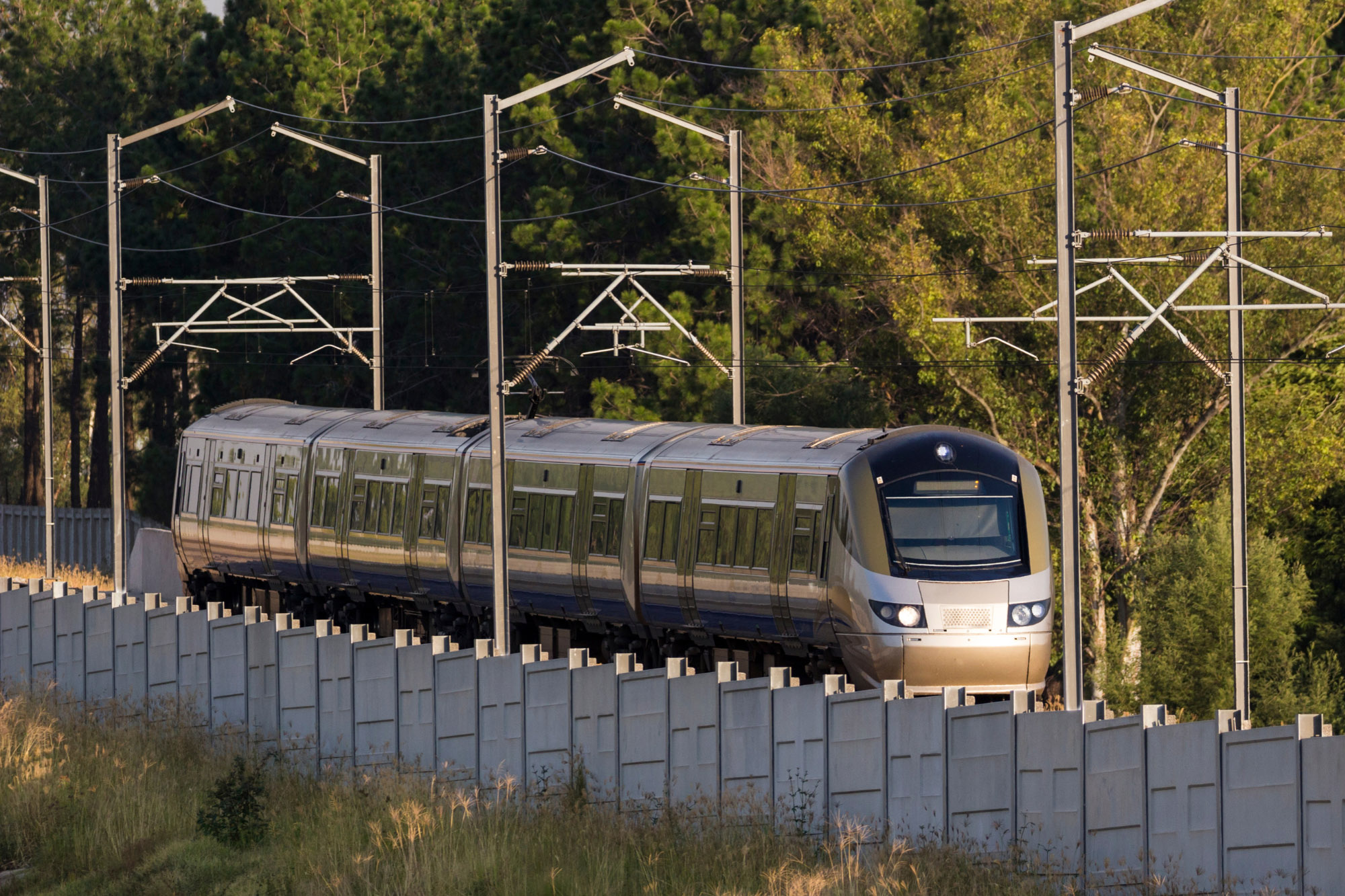
What’s the safest way to get around Johannesburg?
We swear by the Gautrain for both airport transfers and day trips. Its sleek carriages glide between OR Tambo Airport, Sandton, Rosebank and Pretoria, all under 24-hour guard and fenced along the entire 80-kilometre track.
For getting around, we mostly rely on Uber or Bolt – quick to use, easy to track, and widely used by locals too. It’s become habit to check the driver’s name and car before hopping in, and we always share our trip with someone when heading out alone or after dark. The built-in safety features are reassuring, but more than that, it’s the predictability that makes these apps our default. No flagging down cars or guessing routes – just tap, ride, arrive.
Compared to global standards, these services are surprisingly affordable. A ride across town that might cost €20 in Europe often comes in at less than a third of that here. This makes it easy to skip the risks that sometimes come with minibus taxis or unknown metered cabs.
We tend to bypass minibus taxis altogether – their appeal of local flavour is outweighed by unregulated stops and unpredictable crowds. Even the municipal buses, while marginally safer, lack the consistency of private services.
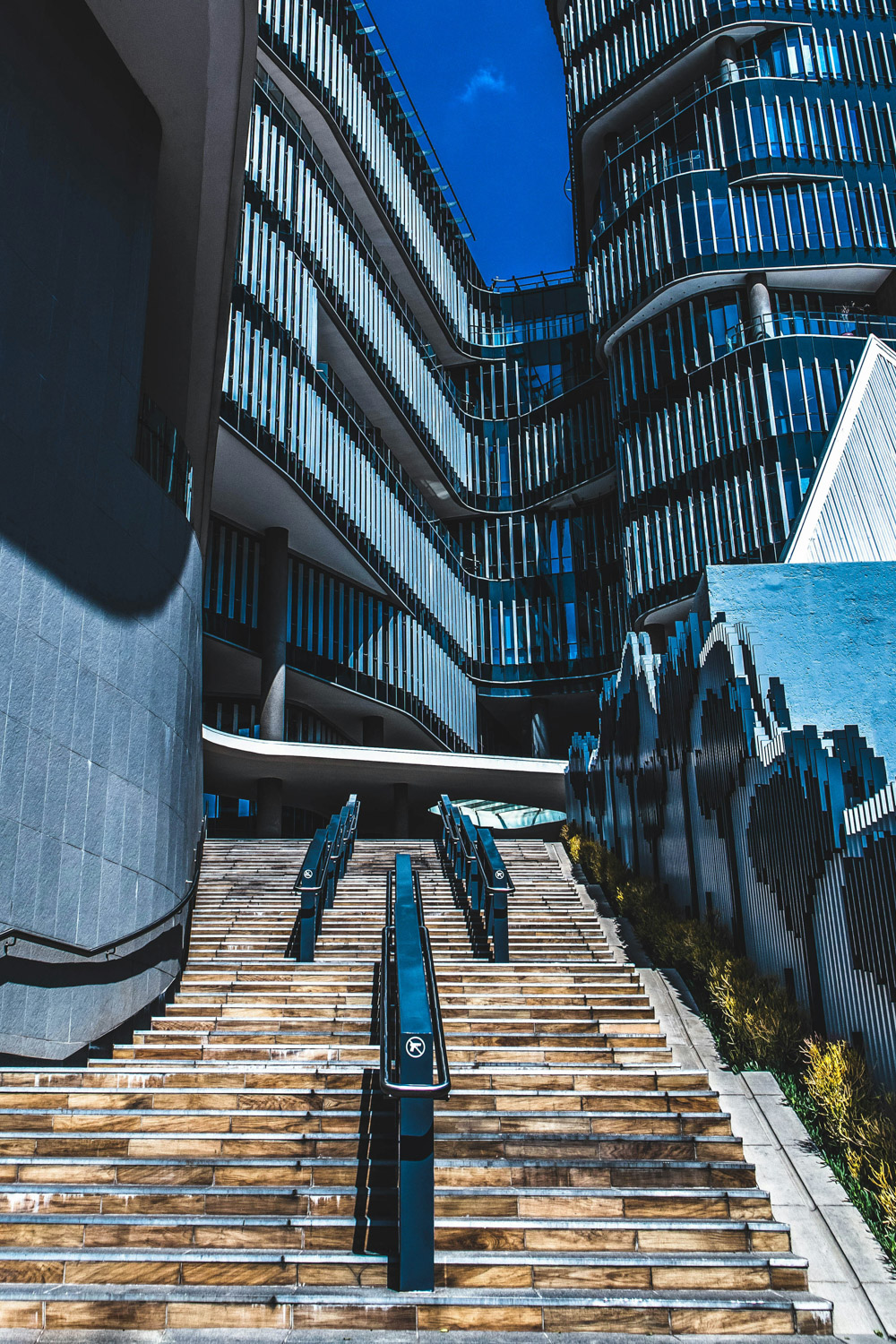
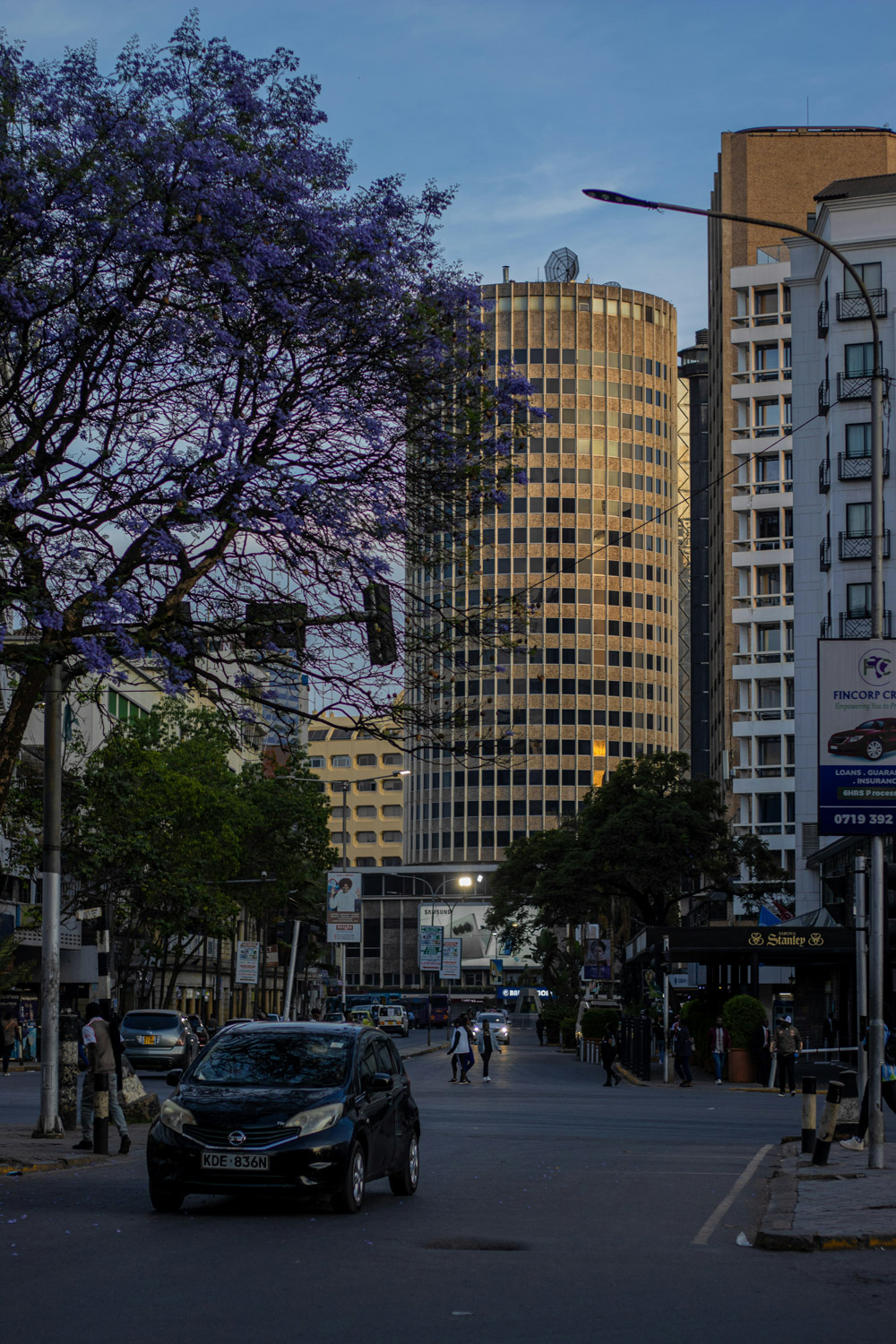
What on‑the‑ground habits boost safety in Jo’burg?
When it comes to staying low-key, small adjustments go a long way. These habits help us blend in, so we feel part of the city rather than standing out as tourists.
Hide your valuables
Use a money belt or front‑pocket pouch – open handbags and visible cameras can draw unwanted attention.
Use offline navigation
Pre‑download maps or carry printed directions so you’re not pausing with your phone exposed.
Travel in pairs after dark
Stick to main roads and well‑lit areas; side streets can feel deserted once the sun sets.
Pre‑book tours
Decline unsolicited “guides” on the street – book through your hotel or a reputable platform to avoid scams.
Carry emergency info
Have your hotel’s address and local emergency numbers on a card in your pocket.
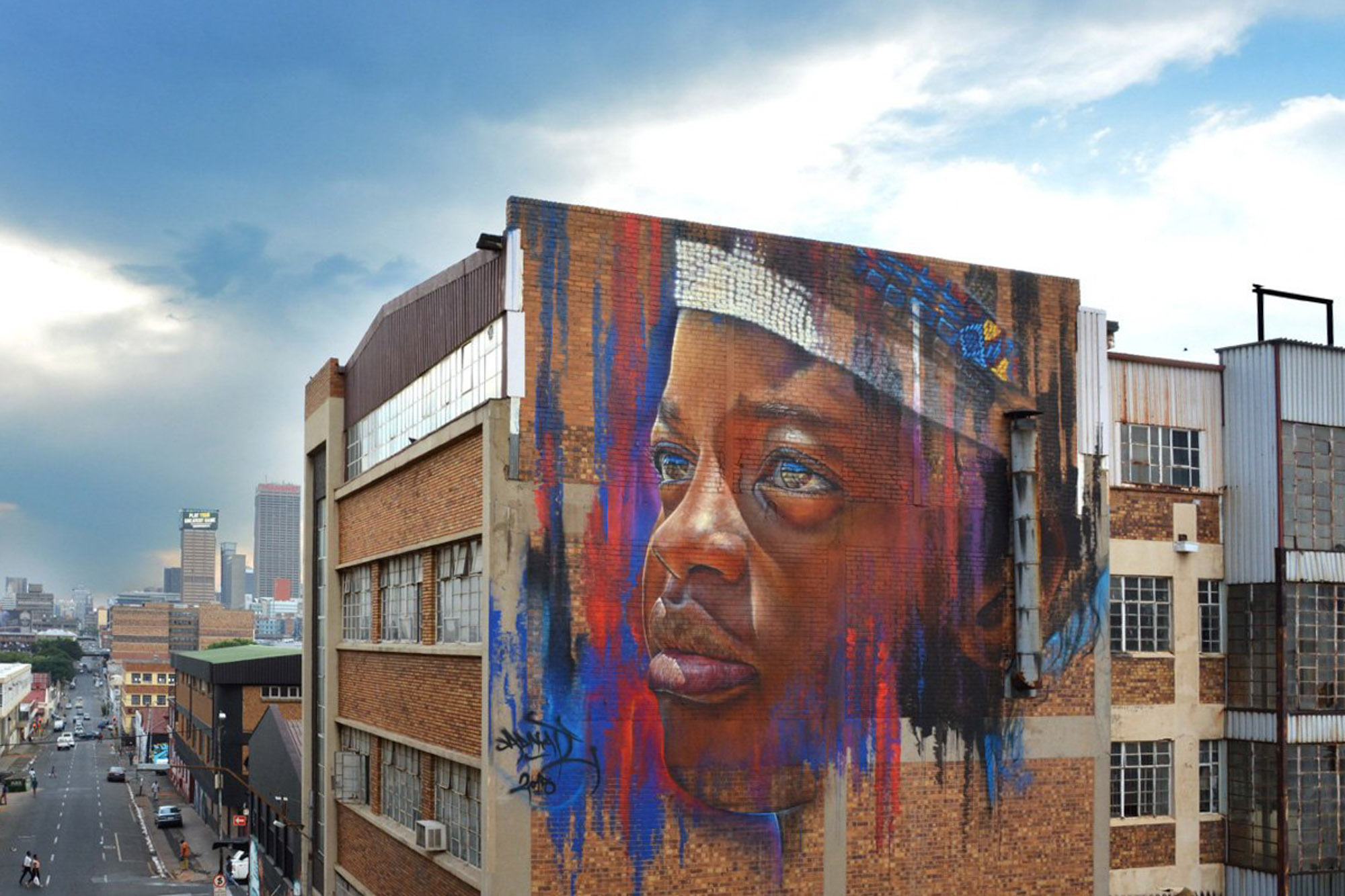
What medical facilities and insurance should I consider?
Inevitably, health is top of mind whenever you travel. Johannesburg’s private hospitals – Netcare in Sandton and Life Healthcare in Rosebank – feel reassuringly modern, with internationally trained doctors and emergency wards ready around the clock. Pharmacies in these neighbourhoods even have 24‑hour sections for prescriptions and basic first‑aid needs.
Before you leave home, secure a comprehensive travel‑insurance plan that covers theft, medical evacuation, emergency dental care and trip cancellation. Check that your policy includes political evacuation – even peaceful protests can disrupt transport. With such coverage in place, any health hiccup becomes a footnote rather than a crisis.
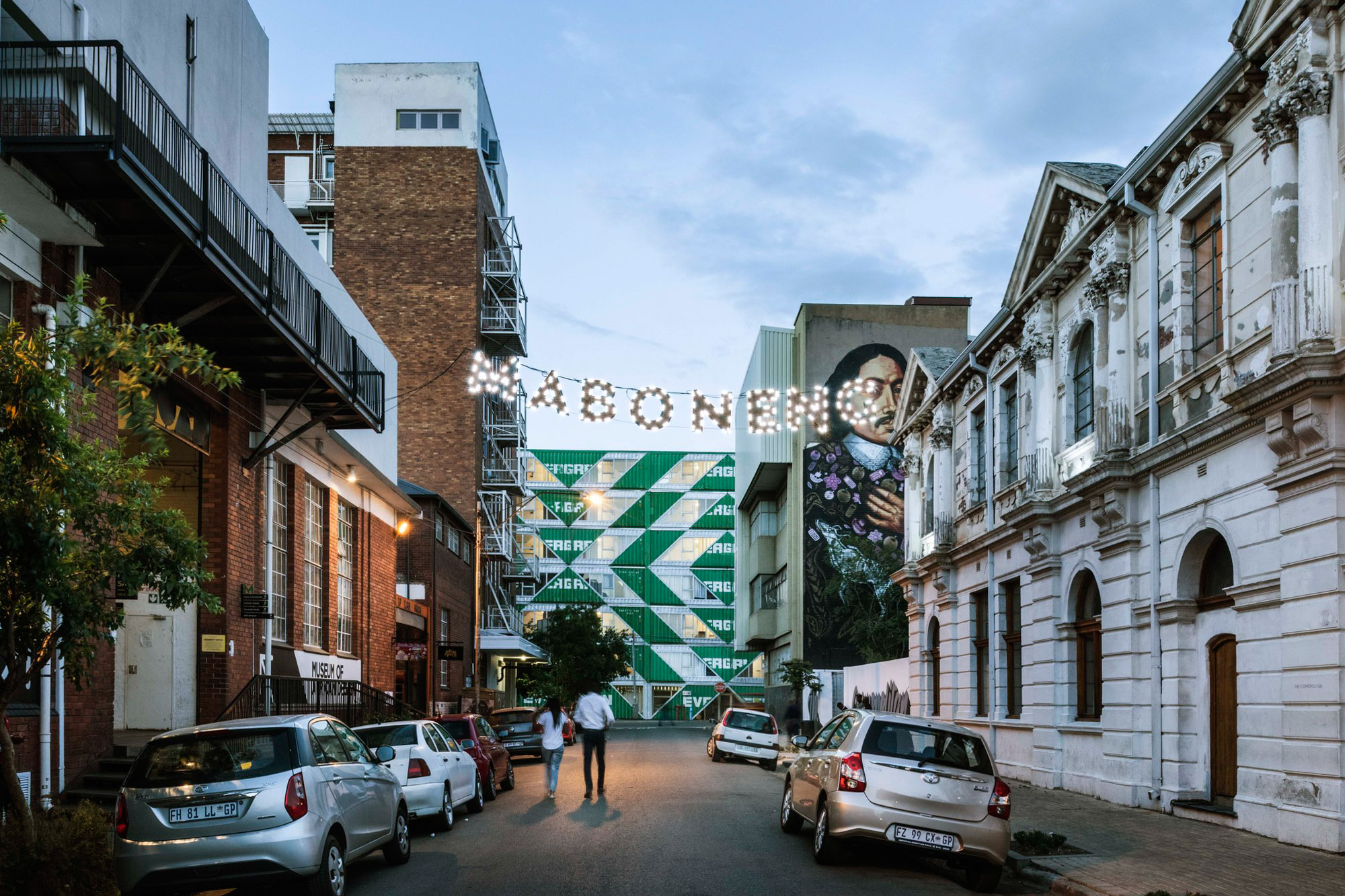
Which local resources and contacts should I save?
Here’s what we program into our phones before touchdown – the national police emergency line (10111), ambulance and fire services (10177) and the Gauteng tourism helpline (+27 11 775 0070).
On arrival, ask your hotel to add you to their WhatsApp group for instant alerts on anything from road closures to pop-up markets.
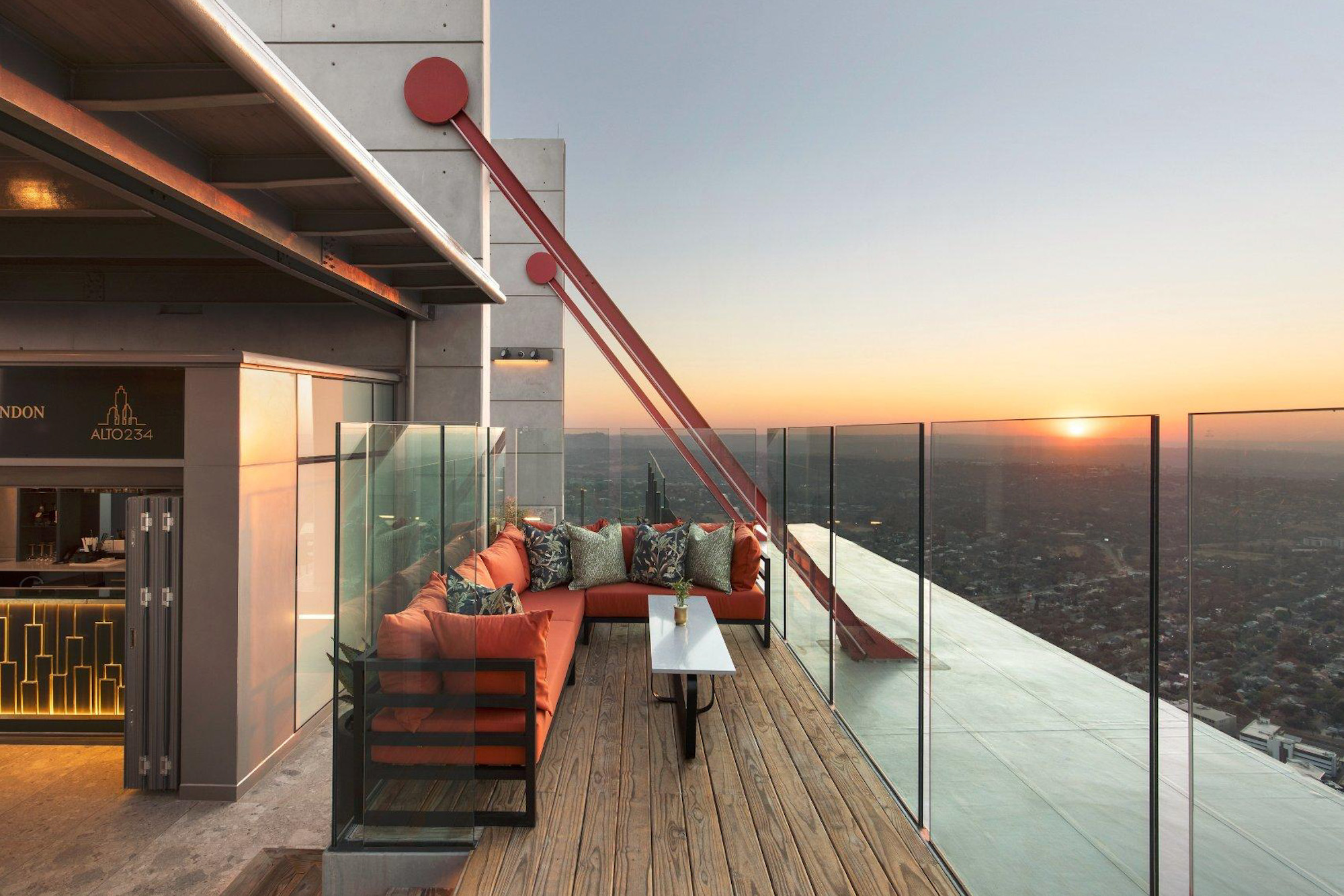
How can I travel in Johannesburg with confidence?
Johannesburg’s contrasts – from its gleaming financial districts to spirited townships – invite exploration when approached with preparation. By choosing well‑patrolled neighbourhoods, relying on vetted transport and practising small but crucial safety habits, you transform potential risks into manageable decisions. Layer in comprehensive insurance and quick‑dial emergency contacts and we feel free to roam with curiosity, rather than caution.
Ready to unlock Johannesburg’s galleries, secret gardens and bustling markets? Armed with knowledge and curiosity, step into the City of Gold assured that adventure and security can thrive together.
Photography courtesy of Alto234
Share this
Stay in the know
Sign up for the latest hotspot news from Southern Africa.
